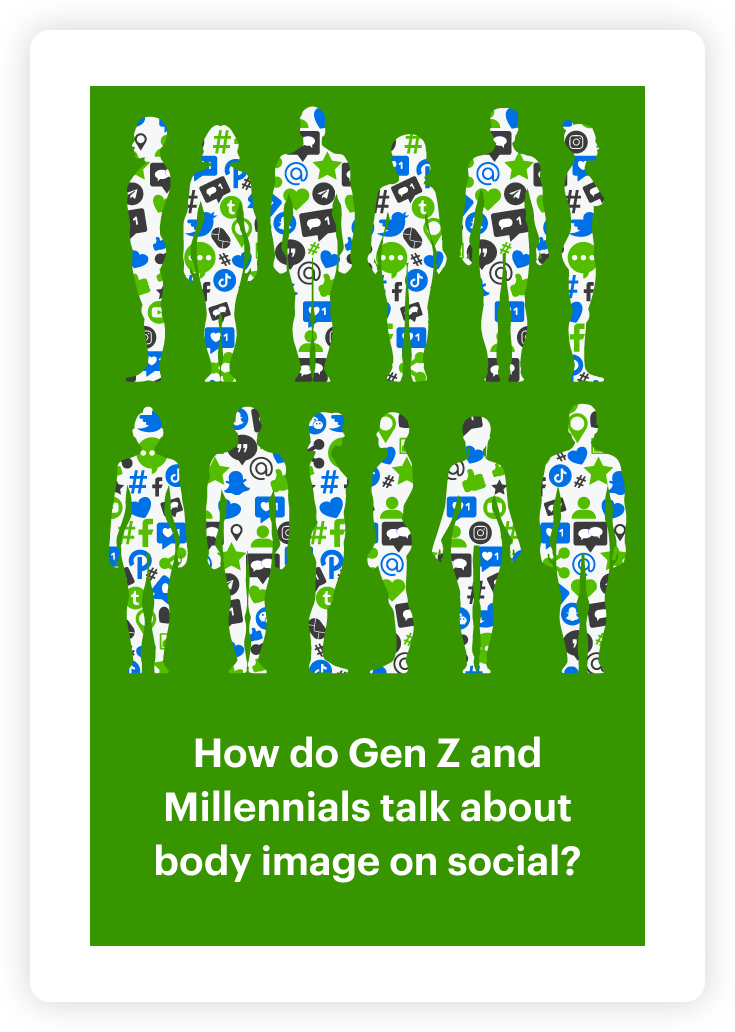Understanding the language of sports betting

With online sports betting legally expanding across the US, we wanted to understand how gamblers in an established industry like the UK talk compared to those in the emerging American market.
We compared online forum conversations discussing US sports like the NFL, NBA and MLB against conversations regarding UK sports like rugby, cricket and football (soccer for my fellow US readers). Relative Insight will highlight the topics, words and phrases more commonly used by one audience compared to another.
This form of forum analysis will demonstrate how geographic location impacts consumer opinion on a specific topic. Audience insights can be used to inform messaging across different geographic markets and ensure relevant communications with target consumers.
Here’s what we found:
SPORTS BETTING IN THE US
Americans and Brits used different words and lingo to describe components of the gambling experience. US bettors were more likely to use the term book or books to describe companies that accept bets. This term is common in the US and derives from the original term sportsbook.
Bettors in the US approached betting from a statistical point of view. They discussed math, probability, odds, information and explanations when betting. This systematic approach was seen in references to specific percentages and numbers.

Although Americans presented an analytical perspective, they were also heavily motivated by emotion. They were more likely to have emotive responses to game results, demonstrated through the words emotions and feelings.
This emotional response was also reflected in the prominence of the word rigged, which we saw 5.4x more from American gamblers. When bets did not end in their favor, some claimed the results were fraudulent or manipulated, and they were less likely to accept unfavorable outcomes as genuine.
SPORTS BETTING IN THE UK
While US bettors favored numbers, their UK counterparts relied on luck. They were more likely to use the words chances, unlucky, fingers crossed and good luck. The 🤞 and 🍀 emojis were also used to manifest good fortune.

Brits generally used positive language when discussing sports betting online. They used the words good, well, great, love, going well and looking forward. This insight implies that gambling is an enjoyable pastime for UK audiences, who are more likely to discuss their successful bets than any losing outcomes.
Finally, our analysis highlighted specific types of sports betting unique to UK audiences. They favored each-way and multiple bets, which tend to be more popular among Brits. Each-way or E/W bets consist of two equal parts – a win and a place. Similarly, multiples betting combines multiple bets into one.
HOW TO APPLY INSIGHTS
Using this information we know to appeal to UK markets using luck and attract US audiences using stats. This difference in perspective speaks volumes about how each group approaches sports betting.
This analysis not only demonstrates how dialect and location impact word choice, it shows us how the strategies of bettors in new markets differ from those in established locations.
